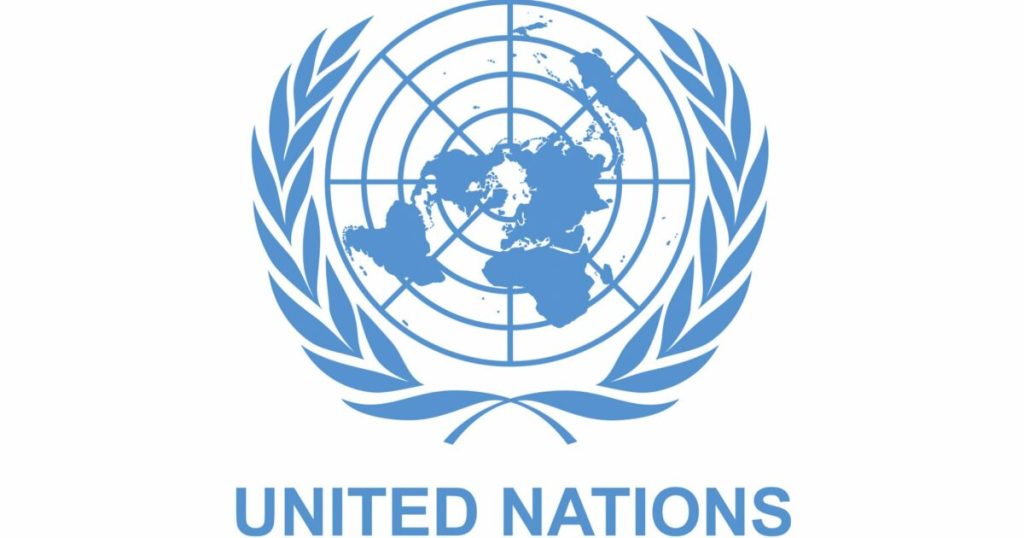The United Nations has sounded a stark warning about the escalating humanitarian crisis fueled by terrorism in West Africa and the Sahel region. The alarming statistics paint a grim picture: 1,364 children were forcibly recruited into armed groups in 2024, and over 14,000 schools were shuttered due to pervasive insecurity. This dire situation signifies a generation robbed of their future, communities torn apart, and a region teetering on the brink of collapse. Terrorist organizations are demonstrating a disturbing adaptability, capitalizing on ungoverned territories, fanning local grievances, and leveraging advanced technologies, from drones to encrypted communication, to orchestrate attacks with greater precision and devastating psychological impact.
The impact of this escalating violence is devastating. Across six countries in the region, 1,364 children were coerced into joining armed groups in 2024, their innocence stolen and their futures jeopardized. A staggering 466 cases of sexual violence were reported, highlighting the vulnerability of women and girls in conflict zones. The disruption to education is equally alarming, with 14,364 schools forced to close due to insecurity. This disruption has long-term consequences for the region’s development and stability, trapping children in a cycle of poverty and violence. These figures starkly illustrate the human cost of terrorism, leaving in its wake shattered lives, broken families, and communities grappling with profound trauma.
West Africa and the Sahel are at the epicenter of the global terrorism crisis, with five of the ten countries most affected by terrorism located within the region. The upward trend is not limited to the frequency of attacks and casualties; it also extends to the increasing sophistication of these groups. Terrorist organizations are forging alliances, expanding their operational reach, and employing increasingly advanced tactics. This alarming expansion is not confined to traditional conflict zones but has seeped into sensitive border regions, such as the Tambacounda area spanning Mali, Senegal, Guinea, and Mauritania. Even protected conservation areas like Park W, Arly, and Pendjari, straddling Benin, Burkina Faso, and Niger, are under threat. These incursions jeopardize vital ecosystems, threaten local livelihoods dependent on eco-tourism, and highlight the far-reaching consequences of unchecked extremism.
The complex interplay of political tensions, climate change, and economic hardship creates a fertile ground for extremist recruitment. Persistent political disputes between neighboring states undermine collaborative governance, erode crucial cooperation, and create security gaps exploited by both terrorist and organized criminal networks. Climate change acts as a threat multiplier, exacerbating existing vulnerabilities. Displacement, resource conflicts between farmers and herders, and the precarious nature of livelihoods are all intensified by the changing climate, providing fertile ground for extremist recruitment. Terrorist groups prey on marginalized communities, exploiting local grievances and offering a twisted sense of belonging and purpose to vulnerable individuals. The escalating defense spending required to combat these threats diverts crucial resources away from essential services such as education, healthcare, and climate adaptation.
The United Nations advocates for a comprehensive, multi-faceted strategy to combat terrorism in West Africa and the Sahel, emphasizing the integration of military interventions with robust political dialogue, enhanced social services, and sustainable development initiatives. Particular attention must be given to empowering youth and women, who are often disproportionately affected by conflict and instability. Crucially, the international community must address the underlying causes of terrorism, including poverty, inequality, and lack of access to education and opportunities. Furthermore, tackling transnational organized crime, including drug trafficking, illegal mining, and the illicit arms trade – which provide crucial financial lifelines to terrorist organizations – is essential.
Regional cooperation is paramount in confronting this transnational threat. The Economic Community of West African States (ECOWAS) has made commendable efforts, including initiatives to preserve free movement with the Alliance of Sahel States and collaboration with the African Union to establish a Joint Threat Fusion and Analysis Cell for crucial intelligence sharing. Strengthening these partnerships and fostering further cooperation is crucial for a unified and effective response. Sharing intelligence in real-time, coordinating military actions, and harmonizing legal frameworks are vital steps. The integration of emerging technologies, such as artificial intelligence, into regional early warning systems is increasingly crucial. However, in embracing technological advancements, upholding human rights and safeguarding civil liberties must remain paramount. Security measures should strengthen legitimacy, not erode it. By adopting a holistic approach that addresses the multifaceted nature of the challenge, the international community can work towards a more secure and stable future for the region.


